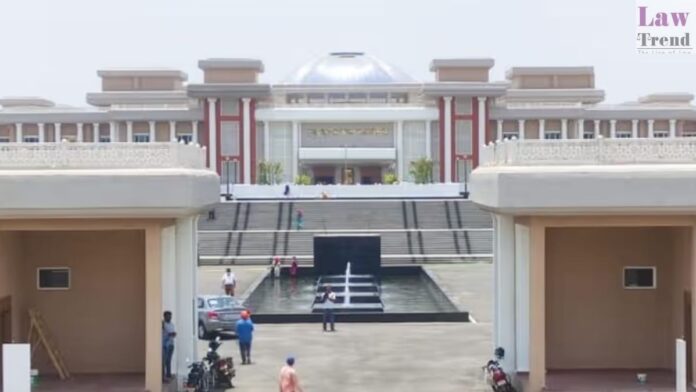The High Court of Jharkhand at Ranchi, before the bench of Justice Sanjay Kumar Dwivedi, has dismissed an anticipatory bail application (A. B. A. No. 4596 of 2025) filed by a director of a manpower supply company. The petitioner, Parmar Bipinbhai, was apprehending arrest in a case involving allegations of submitting forged bank guarantees to
To Read More Please Subscribe to VIP Membership for Unlimited Access to All the Articles, Download Available Copies of Judgments/Order, Acess to Central/State Bare Acts, Advertisement Free Content, Access to More than 4000 Legal Drafts( Readymade Editable Formats of Suits, Petitions, Writs, Legal Notices, Divorce Petitions, 138 Notices, Bail Applications etc.) in Hindi and English.




